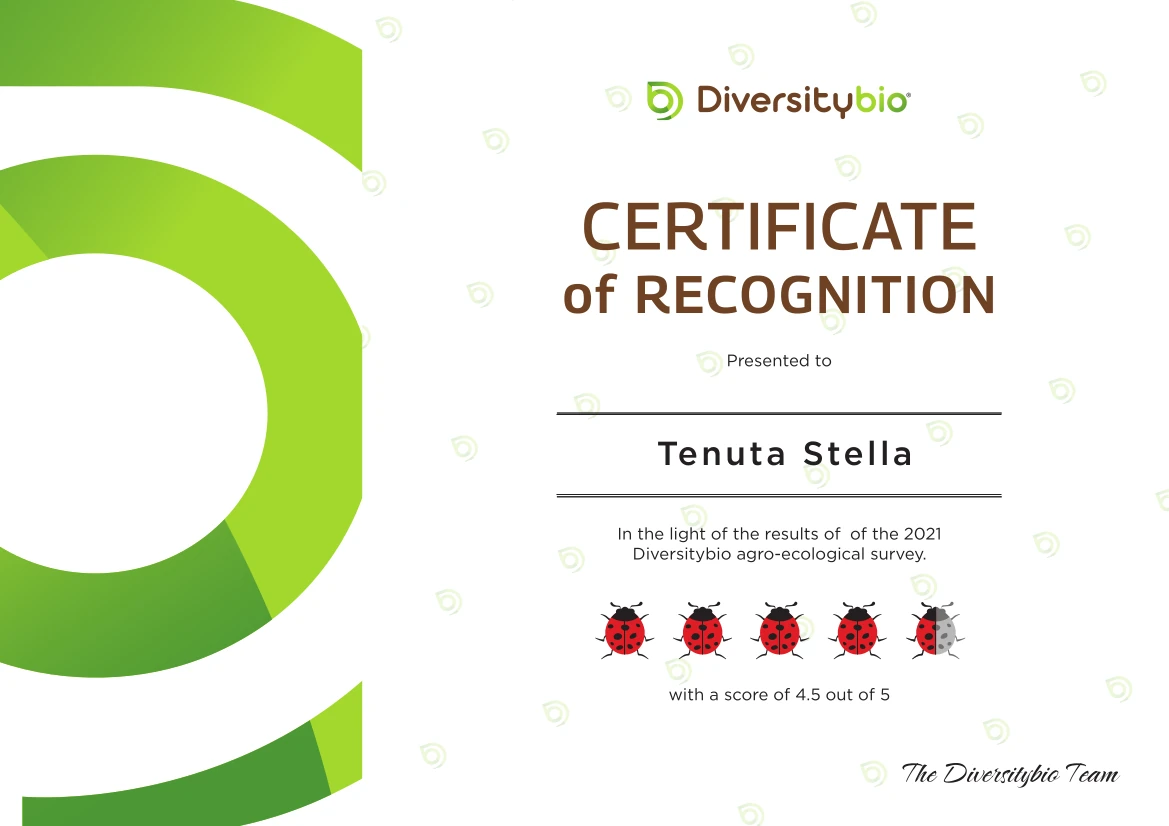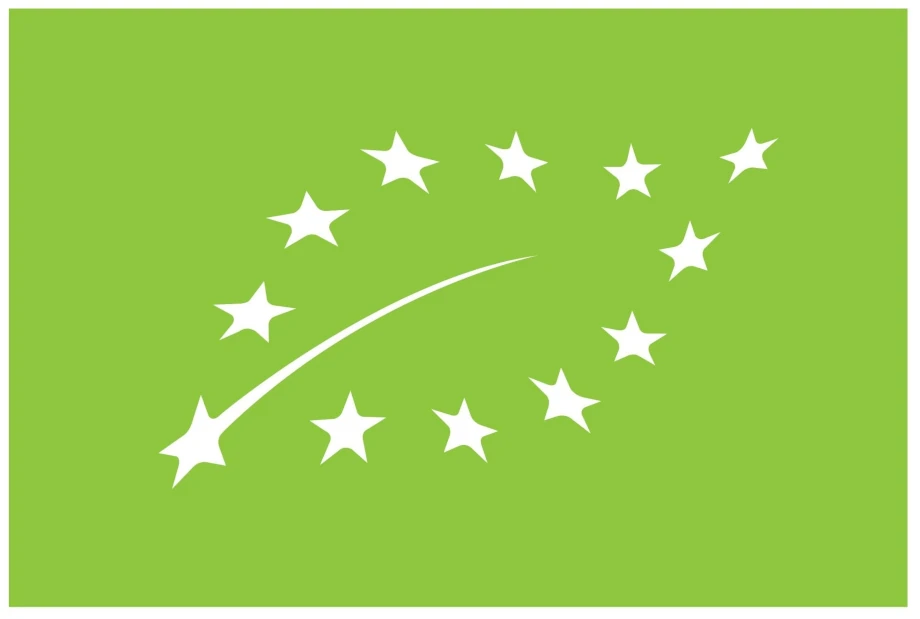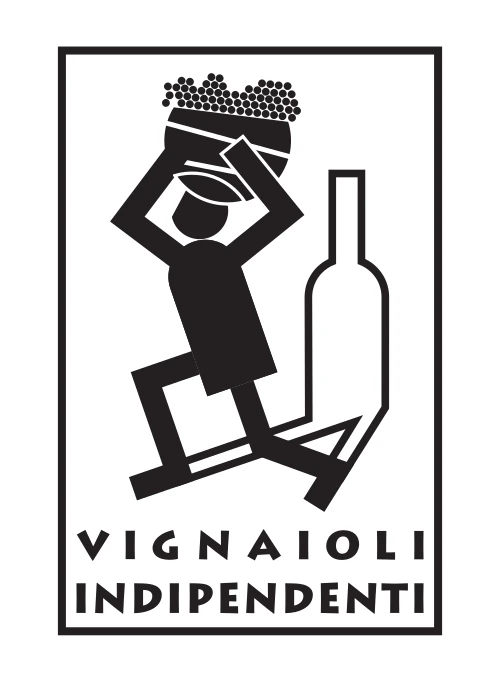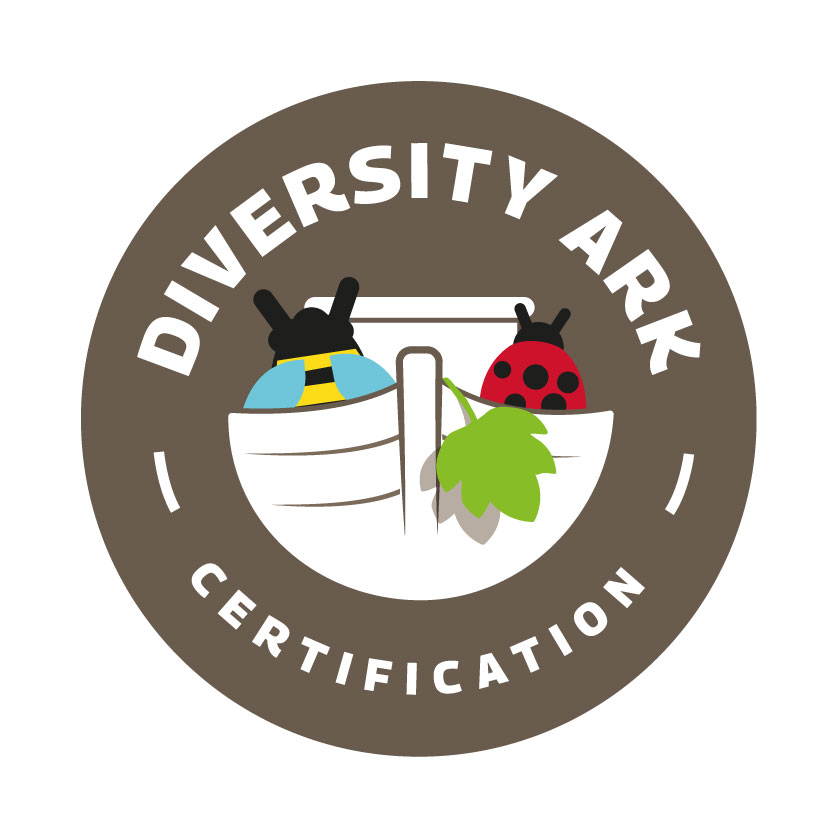

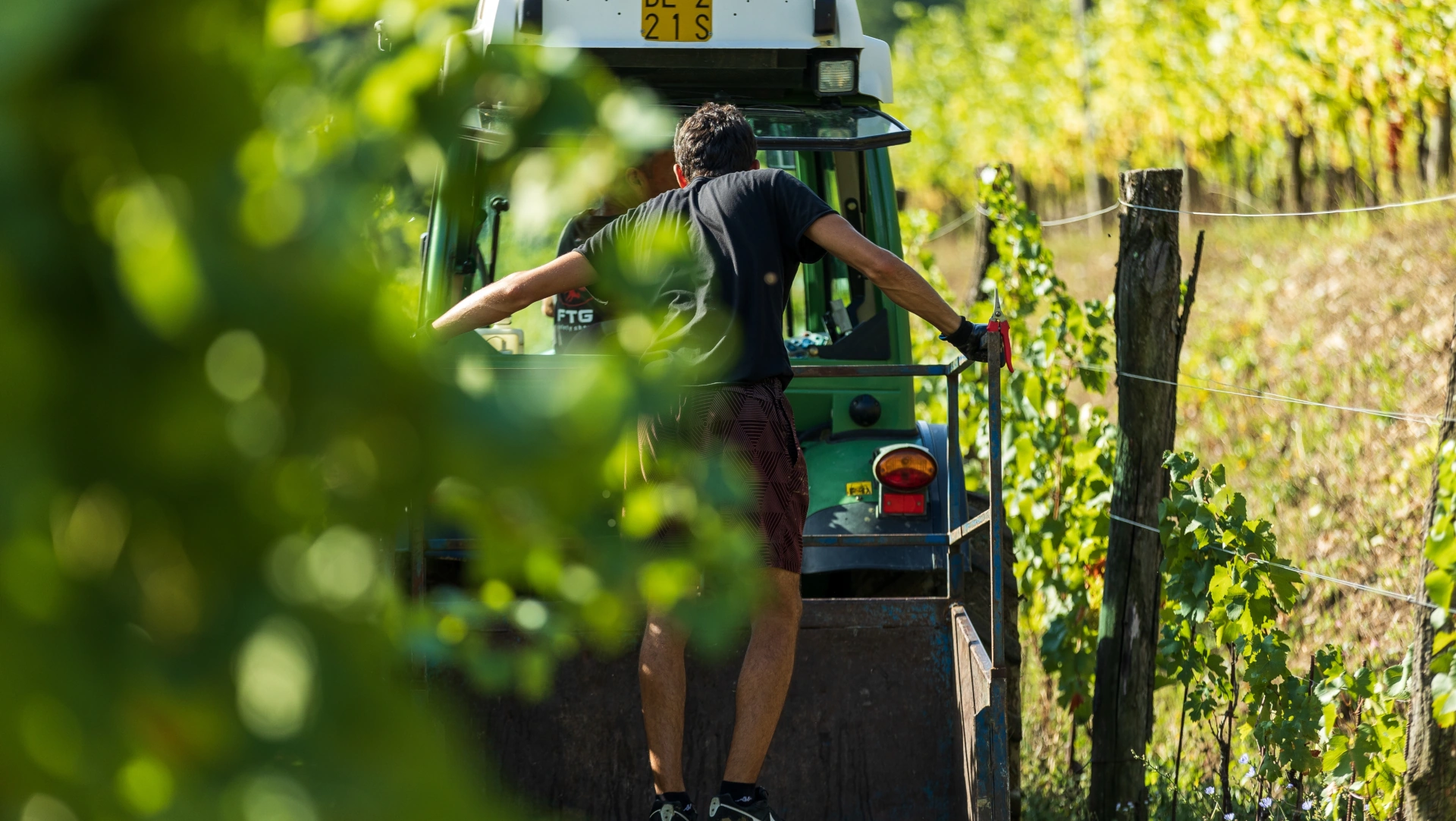
Seit Jahren sind wir unter voller Achtung der Natur tätig, sowohl im Weinberg als auch im Weinkeller, bevorzugen Handarbeit und bauen unsere Weinreben ohne den Einsatz von Pestiziden oder chemischen Düngemitteln an, immer gemäß der Verordnung der biologischen Landwirtschaft, an die wir uns halten. Wir verwenden keine Produkte tierischen Ursprungs bei der Herstellung unserer Weine, die daher Vegan friendly sind.
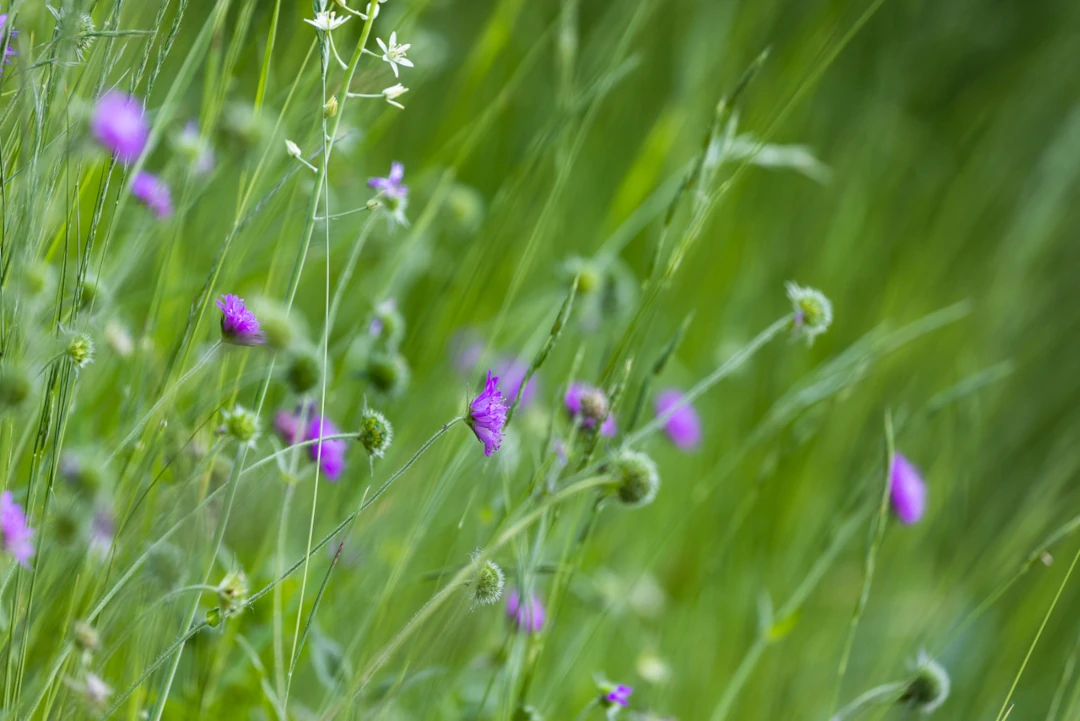
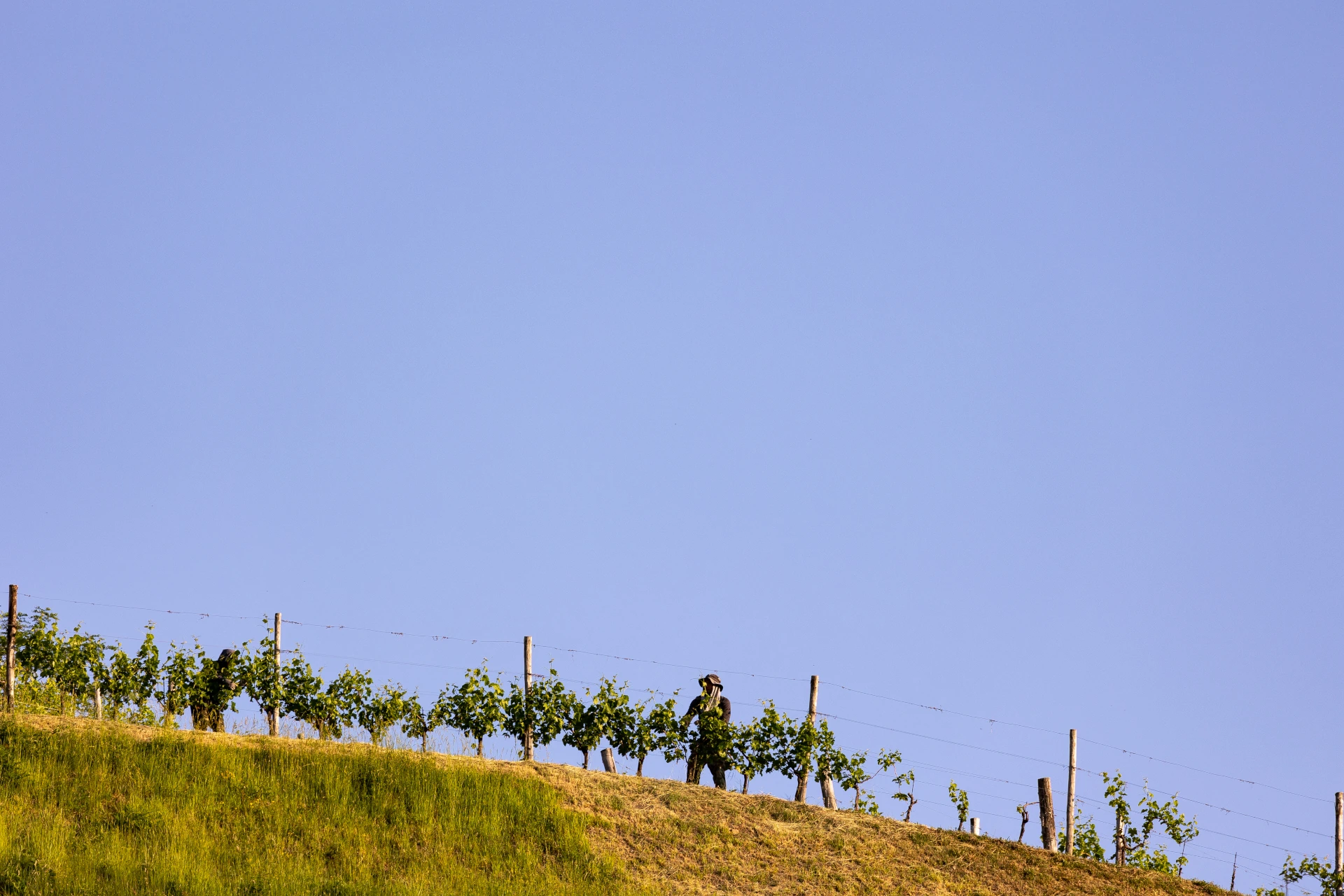
Unsere Entscheidungen werden von dem Wunsch inspiriert, die beste Qualität der Trauben zu erhalten, immer mit größter Achtung vor der Natur, dem Territorium, zu dem wir gehören, der Artenvielfalt des Bodens und der gesamten Umgebung, die die Weinberge umgibt. Zu diesem Zweck haben wir verschiedene Projekte sowohl auf dem Land als auch im Weinkeller verwirklicht.

Our vineyards have been managed according to the European Regulation 203/2012 of organic farming since 2013
and in 2016 we presented the first vintage of certified organic wines.
CERTIFICATION: The European legislation (Reg. CE 848/18) guarantees the conformity of the productions obtained with the organic method in all stages of the production chain, from the field to the table.

It is a nutritional method of plants, done through the foliage, which ensures respect for the environment by reducing fertilizers applied to the soil which results in lower CO2 emissions into the atmosphere, while maintaining the quantity and quality of production.
CERTIFICATION: In the 2022 certification, our vineyards scored 80 points, “good and compatible agriculture that respects and enhances the environment in which it is carried out”, as stated in the technical report for Diversity Ark certification.

It is a nutritional method of plants, done through the foliage, which ensures respect for the environment by reducing fertilizers applied to the soil which results in lower CO2 emissions into the atmosphere, while maintaining the quantity and quality of production. CERTIFICATION: In the 2020 vintage, an 85.16% reduction in emissions was certified compared to what can be obtained if the traditional fertilization recommended by the integrated production specification valid in the Friuli-Venezia Giulia region was applied.

Our vineyards are not equipped with irrigation systems and our water consumption is limited to the minimum necessary for the equipment washing procedures and containers.

In a circular manner, every year our by-products deriving from the winemaking processes (stalks, pomace and lees) are redistributed in the vineyard for agronomic purposes as soil improver and fertilizer by the end of autumn.

We have recently installed solar energy panels on our winery and the energy produced is used to power the entire farm. We are also in the process of replacing our agricultural machinery for the benefit of new models with reduced energy consumption.
